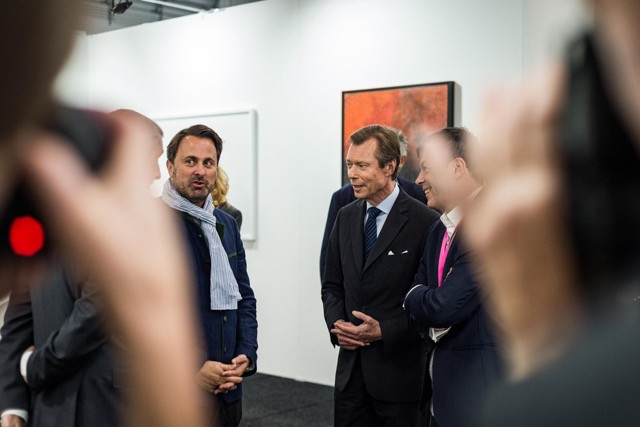In a meeting that lasted some two and a half hours, Bettel and Waringo, who was appointed by the prime minister as a special envoy, outlined the details of the report. The report’s conclusions point to a number of shortcomings in human resources management, financial transparency and organisational structure at the court.
While the report also analysed the functioning of royal households in Belgium, Sweden and the Netherlands, Bettel said the reforms in the grand duchy will not be a cut and paste of any of those monarchies but follow a uniquely Luxembourg model.
“The report must be a solid basis for a stronger, more transparent monarchical institution,” Bettel told assembled media after the briefing of the committee. He said he wanted the process of change to begin as soon as possible, though certain reforms will require legislative amendments or a revision of certain sections of the constitution.
Whatever reforms are carried out, they will be done with the agreement of the Grand Duke, whom Bettel said “has clearly expressed his desire to modernise the court”. Bettel said that previous attempts to instigate reform of the court--notably in 2002 by the CSV led government of Jean-Claude Juncker and Luc Frieden and by himself in 2016--had been in vain. “But this time there is a clear agreement and a strong political will to carry out reform. Practices will change, particularly through legislation and the constitution. Everyone understands that we could not afford a second Waringo report in three or four years.”
Most controversially, perhaps, Bettel has said that the role of the grand duchess will also be under review. He insists that she should play no official role in the management of the court, and in particular in staffing decisions. “Of course, she has a role to play, and we need to discuss that in order to define clear parameters of what she will be allowed to do,” the prime minister concluded.
Original reporting by Nicolas Léonard for Paperjam
